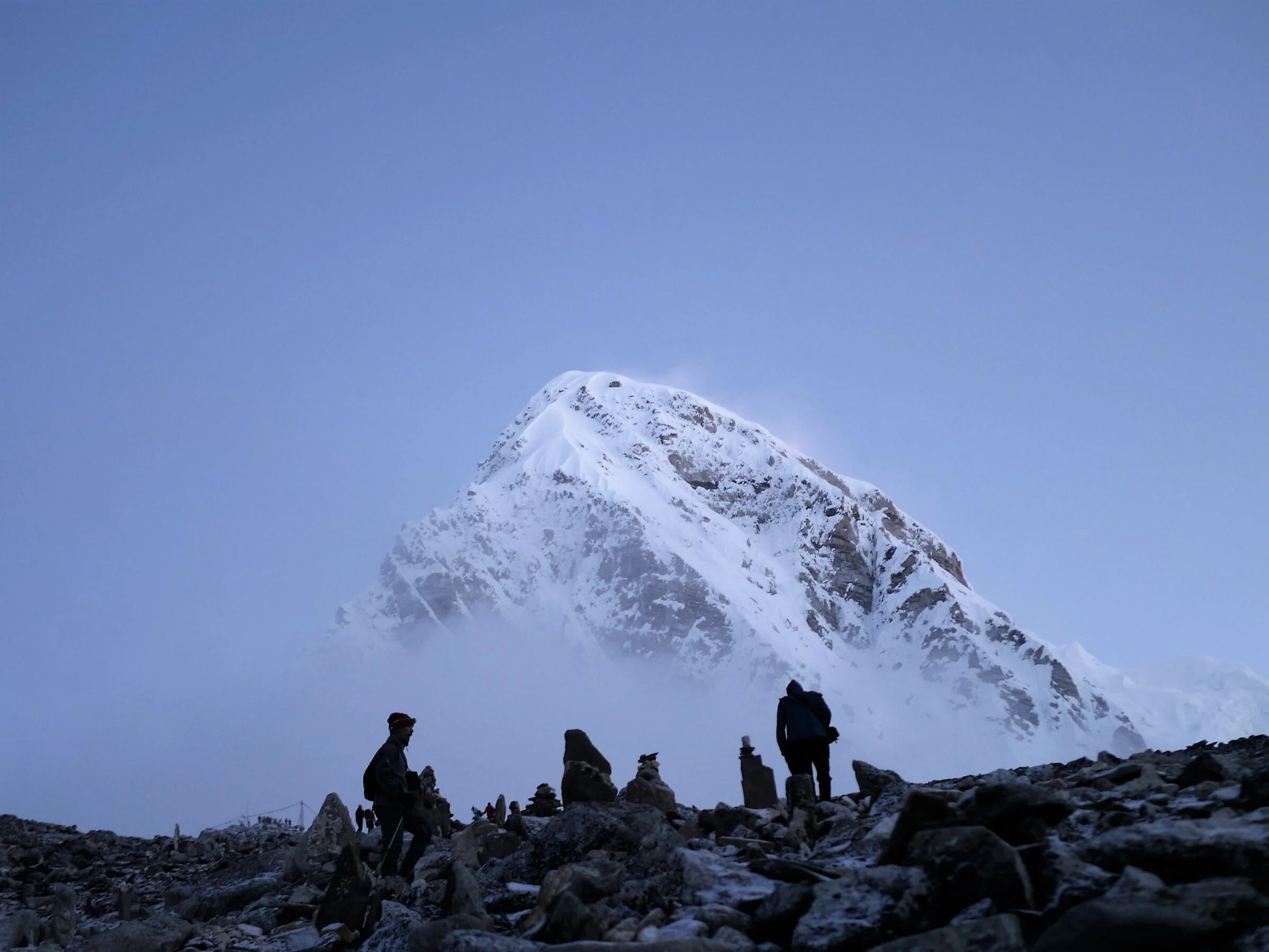How Dangerous Is Climbing Everest?
“We do not live to eat and make money. We eat and make money to be able to live. The struggle is the struggle of life itself, upward and forever upward”.
George Mallory, Climbing Everest:
66 years ago, Tenzing Norgay and Edmund Hillary became the first to reach the peak of Mount Everest. Through roaring winds, near-fatal falls, and frostbite they pushed on. Standing crampon to crampon on Everest’s peak, did they realise theirs was an unmatched triumph of human endurance and skill? Back then those that endeavoured to climb Everest were serious cragsmen, they had trained diligently and planned studiously. They understood the fundamentals of teamwork and had developed an almost military-like discipline. How things change.
What motivated Hillary and Norgay to risk life and limb is not what motivates an increasing number of climbers today. Climbing Everest was once an act of spiritual devotion, nowadays it’s simply in vogue. If you still imagine the summit of Everest as an isolated powdery peak far from the madding crowds, allow me to burst your bubble. The summit of Everest is overcrowded, polluted, and hideously commercialised. Rookie climbers, bad attitudes, queues, rubbish, and jostling for the best position to take a selfie is what you’ll find. You can look forward to novice climbers treating a once untameable mountain as though it was a piece of gym apparatus rather than a force of nature. Pushing and shoving while stepping over empty oxygen bottles, human excrement, food packaging, fragments of discarded climbing gear; and dead bodies, may not be what you envisioned but it’s what you’ll get.
The world’s highest peak no longer inspires the deference it once did, we know Everest is broken but is it beyond repair? The fact is that each and every one of the 11 that died climbing Everest in 2012 were with understaffed, inexperienced, low budget outfits. So, doing away with the many cheap and unscrupulous operators offering their shoddy services would be a fine start. Limiting permits, downsizing teams, and holding all operators to a rigorous international standard would, of course, go a long way to preventing unnecessary deaths on Everest. However, money talks and at £25,000 to £100,000 per climber Everest is big business. Meaning, the likelihood of any of those preventative measures being put in place is slim to none.
Until common sense prevails, overweight and underprepared rookies will continue to line up like lemmings in a morbid death race. They will continue to steal each other’s oxygen tanks, behave disrespectfully, and get into bloody brawls at 21,000 ft above sea level. They will press on while failing to appreciate climbing Everest is hard, bloody hard. It will be of no consequence to them that strong experienced alpinists have died from the sheer effort needed to climb Everest, never mind the exposure. Everest is not the place for more money than sense ego, it is a place where the slightest miscalculation will kill you. Though the arguments for not climbing Everest are clear, why not stay home where it's warm and safe? I’m not saying no one should attempt to climb Everest. After all, dying while chasing a dream is something I think we can all go some way to understanding. I’m just pointing out that dying while in a bottleneck of novice climbers who are only attempting the climb for bragging rights doesn’t seem nearly as romantic.
By George~Carter
Incredible picture captured by Nimsdai Purja



